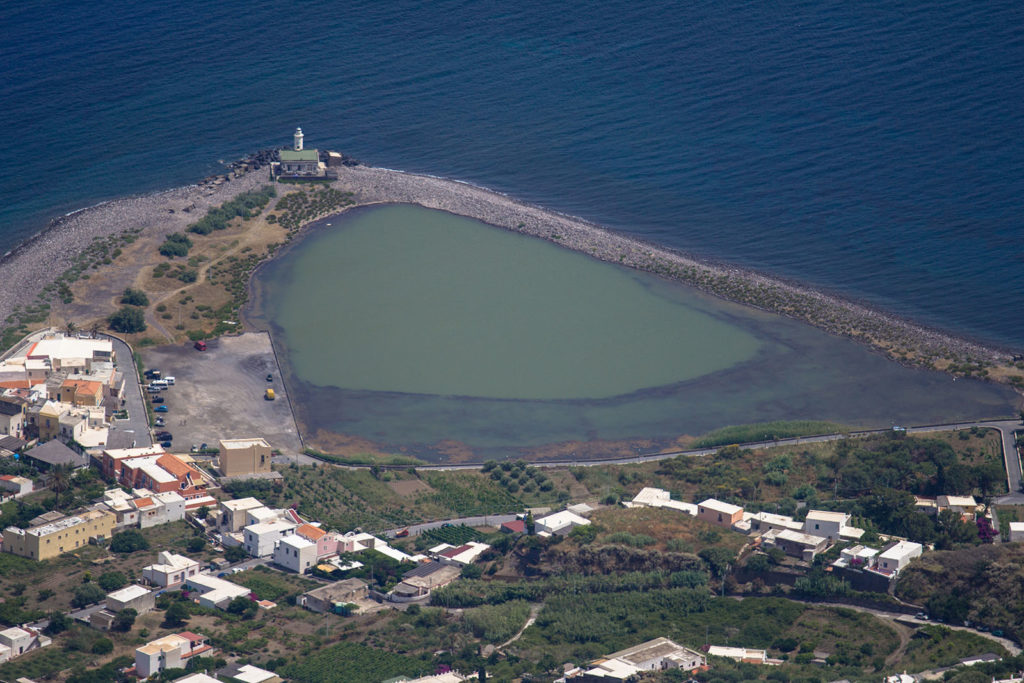The small salt lake of Lingua, now a protected area, can be considered a real historical find, since it was used as a salt production plant until the 18th century. The hamlet of Lingua is characterised by a wonderful pebble beach that leads to the sea, as well as a beautiful promenade where you can take a walk after sunset.
In Lingua it is also worth visiting the three museums on the island, located around the salt lake: Archaeological Museum, Civic Museum and Sea Museum.
